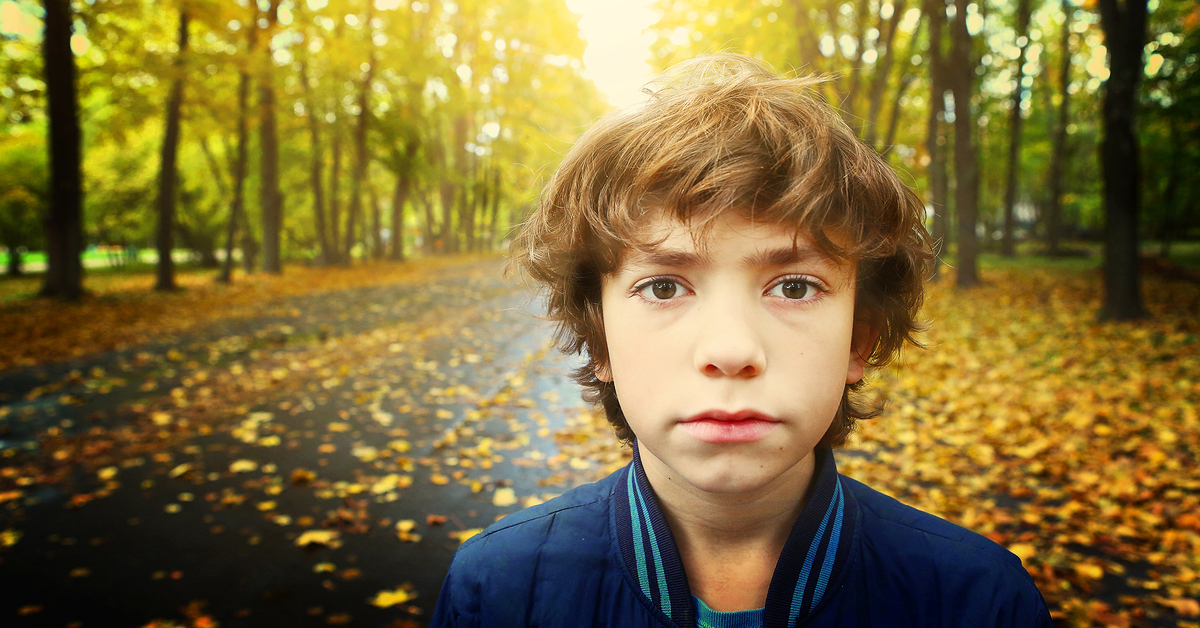
Symptoms of Teens with Reactive Attachment Disorder (RAD)

Residential Treatment Centers Troubled Boys
Liahona Academy


Other topics you might be interested in reading
Globally, 49.5% of teenagers have had a mental illness sometime in their lives. Without proper treatment, a teenager's mental illness can cause other issues such as substance Read the full article
Residential treatment centers are safe and controlled environments for troubled teenagers. Adolescents who are addicted to substances or have mental health problems can benefi Read the full article
Social Media has become a big part of everyday life for teenagers and parents alike. When used properly, social platforms like Facebook and X (formerly Twitter) can provide ma Read the full article
Parenting a teen with mental health problems can be a challenge, especially if you don't have the right communication skills or tools to help you. Sometimes, setting boundarie Read the full article
Notifications
Leave a Reply